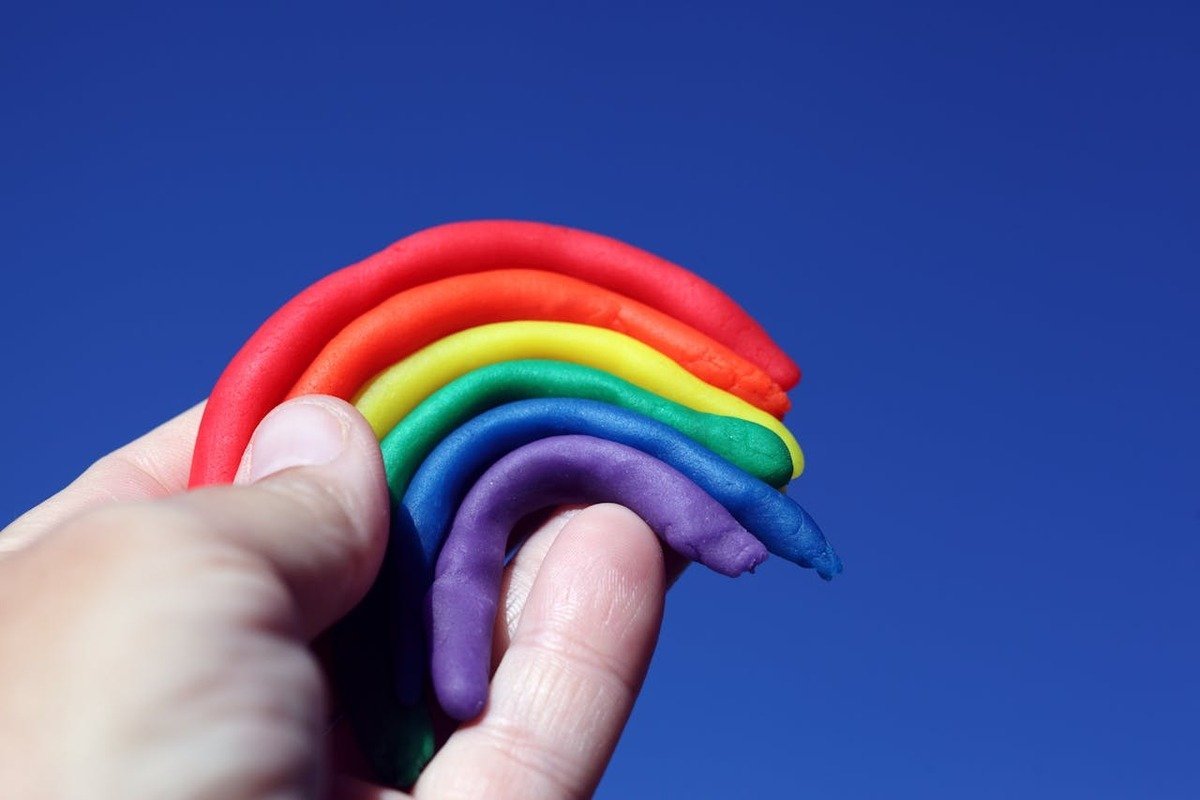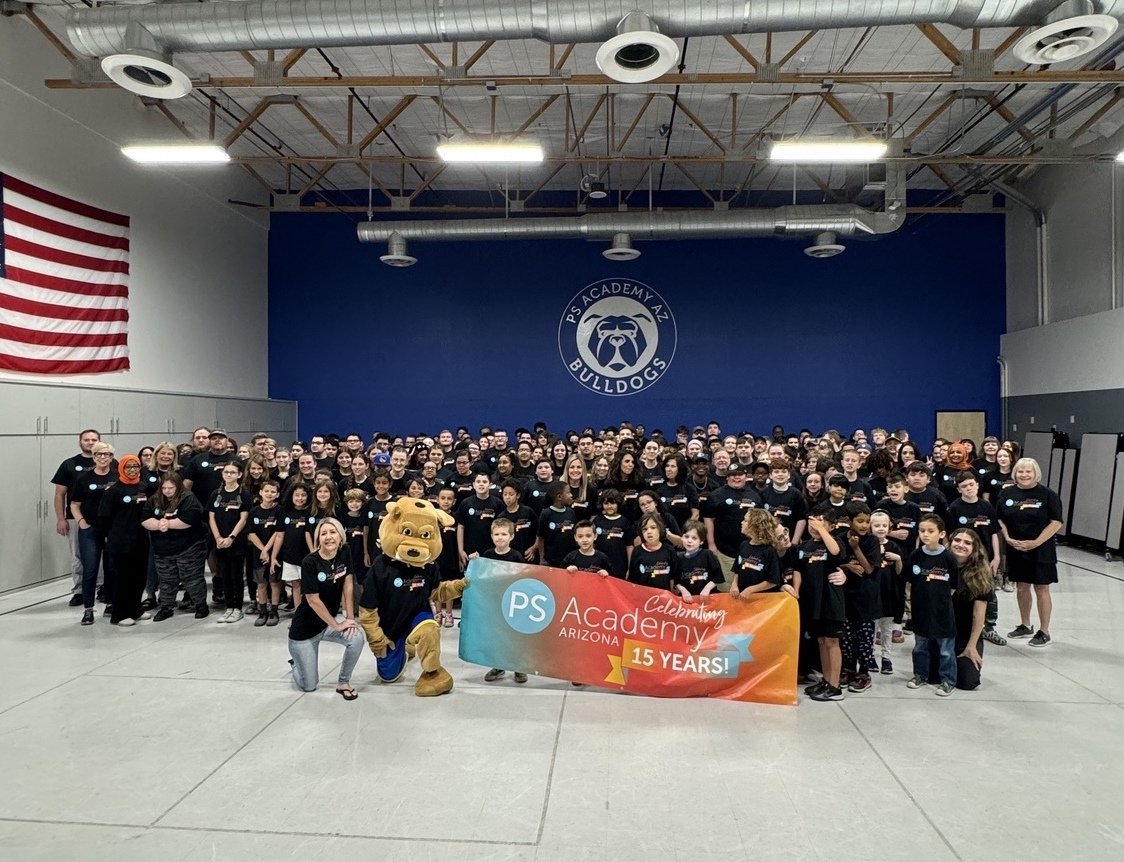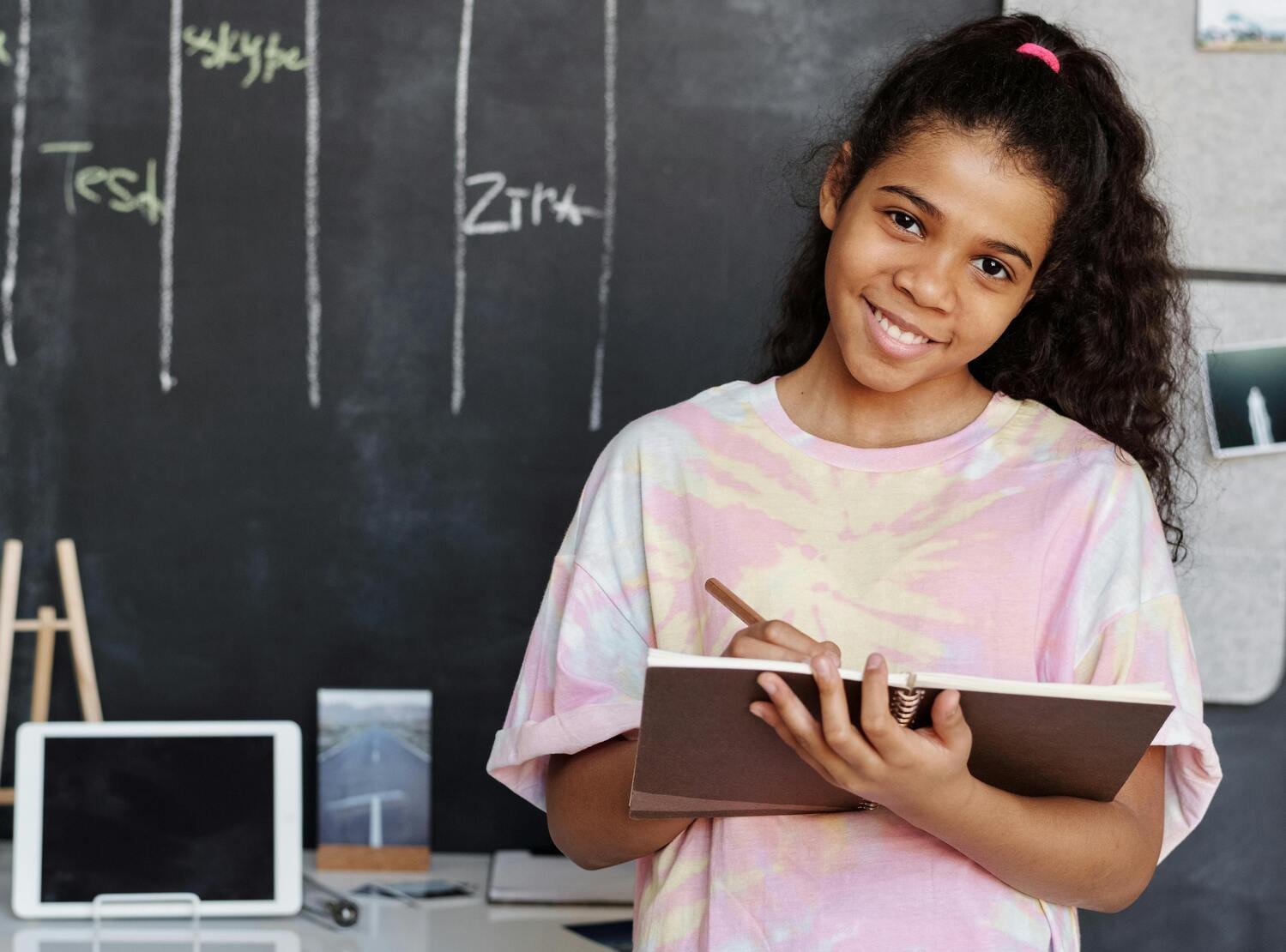
My Teen with Autism is Depressed. What Can I Do?
Parenting a teen with autism comes with a unique blend of challenges and beautiful moments. But at times life for your teen might be overshadowed by worry. Depression is slightly more common in teens with autism, and it's crucial to know the signs and how to help.

Autism Awareness is Cool, but Acceptance is Better
With the speed of modern life, many of us get caught up in our lives and forget that others are equally as complex as we are. We can often be unaware of how our behavior affects others.. We can sometimes accidentally hurt, neglect, and annoy even those closest to us without realizing it.

A Guide to Having 'The Talk' with Your Teen with Autism
Learn how to navigate the delicate conversations about puberty and relationships with your teen with autism. This blog provides comprehensive advice on initiating discussions about the physical and emotional changes teenagers go through as well as navigating complex topics like relationships, consent, and sexuality. Discover practical tips for addressing your teen's unique questions and fostering a supportive environment for their development and understanding during adolescence.

How to High School: A Parent’s Guide for Teens with Autism
From navigating the high school landscape, celebrating small wins, fostering social connections, and personalizing academic strategies. Join us to understand how your teen with autism can thrive in high school and beyond. We delve into the importance of life skills and emotional well-being, and how PS Academy Arizona's diverse clubs, electives, and supportive community provide a nurturing environment for students with autism.

Choosing the Right School for Your Teen with Autism
Learn about the crucial factors to consider when picking a school for your teen with autism. Find out how PS Academy Arizona creates an inclusive environment for teens with autism, helping them to thrive academically and socially with clubs and programs like Lyfe Launch, and Apartment Lyfe.

Sharpening Skills in Teens with Autism: Daily Tips
Discover effective strategies to enhance executive functioning in teens with autism, including visual schedules, task breakdown, and technology aids. Learn practical methods to improve planning, organization, and emotional regulation.

6 Emotional Regulation Strategies for Teens with Autism
🌟 Discover our latest blog featuring 6 life-changing emotional regulation strategies! 🚀 From visual schedules to sensory breaks, deep breathing, and more, we’ve got practical tips to help your teen thrive. 🌟

Sensory-Friendly Games and Activities for Teens with Autism
Looking for activities that are both fun and sensory-friendly for your teenager with autism? Our latest blog post has you covered! From engaging board games to creative art projects, we share a variety of enriching activities. 🎨 🎼

Autism After High School - Essential Vocational Skills for Your Teen
Transitioning from high school to the real world can be challenging, especially for teens with autism. Learn how attention to detail, structured thinking, task specialization, routine-oriented tasks, and visual skills can be nurtured and harnessed for various professions. 🎨💼

The Benefits of Music for Children with Autism
Explore the profound benefits of music for children with autism. Discover how it enhances communication, social interaction, emotional expression, motor skills, cognitive development, and more. At PS Academy Arizona, we embrace the power of music to empower children on the autism spectrum. Learn how music can make a positive impact on your child's life. 🎵🧡

5 Ideas to Help Your Teen with Autism Stay Active
Studies show that individuals with autism are at an increased risk of inactivity and obesity-related illnesses. A sedentary lifestyle can have a negative impact on your teen's health and well-being in the present and later on in life. As we age, it can become more difficult to incorporate healthy habits into our schedule—give your teen a head start by helping them realize the importance of staying active and teaching them how to add these habits to their routine. Here are 5 ideas for helping your teen with autism get more active.

Traveling with Autism: A Guide to a Smooth Journey
Traveling with a teen with autism can be challenging but manageable. Our guide offers essential tips for parents, including preparation, sensory considerations, and staying patient. At PS Academy Arizona, we understand these needs and offer support for your teen’s growth. Contact us to learn more.

How to Handle School Refusal From Your Teen With Autism
Everyone dreads going to school at some point, but if your teen with autism is frequently upset or anxious about going to school, it can be challenging to know how to help. Sometimes these fears and anxieties can cause them to have trouble in the classroom, resort to troubling behaviors, or even miss days of school. This can also make it especially difficult to adhere to your family’s daily schedule and routines. So how can you help your teen with autism cope with not wanting to go to school? Here’s what you should know about school refusal.

Social Media on the Spectrum: 6 Autism Instagram Accounts to Follow
As humans in the digital age, social media sites like Instagram have the power to forge new connections, foster a sense of community, and help each and every one of our unique abilities blossom. For families and loved ones of teens with autism, it can be especially comforting to find support amongst other people who can understand the experience of life on the spectrum, even if they don’t share the same zip code. If you’re looking for a daily dose of people who “get it”, here are 5 autism Instagram accounts to add to your social media feed.

5 Tips for Improving Conversation Skills in Teens with Autism
As a parent or caregiver of a teen with autism, you want your teen to engage in meaningful conversations with others, but you may have noticed that their conversational skills aren’t as developed or confident as those of their peers. While there is no one-size-fits-all approach, with patience, perseverance, and adequate support, you can help your teen with autism build a solid foundation for effective communication. Here are 5 strategies that can encourage them to improve these fundamental conversational skills. Read on to learn more.

Internet Use and Autism: How to Create an Online Safety Plan
The internet can be an expansive, but daunting place, especially with the ease of access to social media, gaming, and networking sites. This can be a positive thing for teens on the autism spectrum as it invites new opportunities for them to learn, socialize, and form connections in the world. However, the digital world also comes with its own set of rules and complicated social expectations, which can leave teens with autism more vulnerable to things like cyberbullying, scams, or phishing. Worried about your teen's safety online? Check out these safety tips for helping your child protect themselves on the internet.
